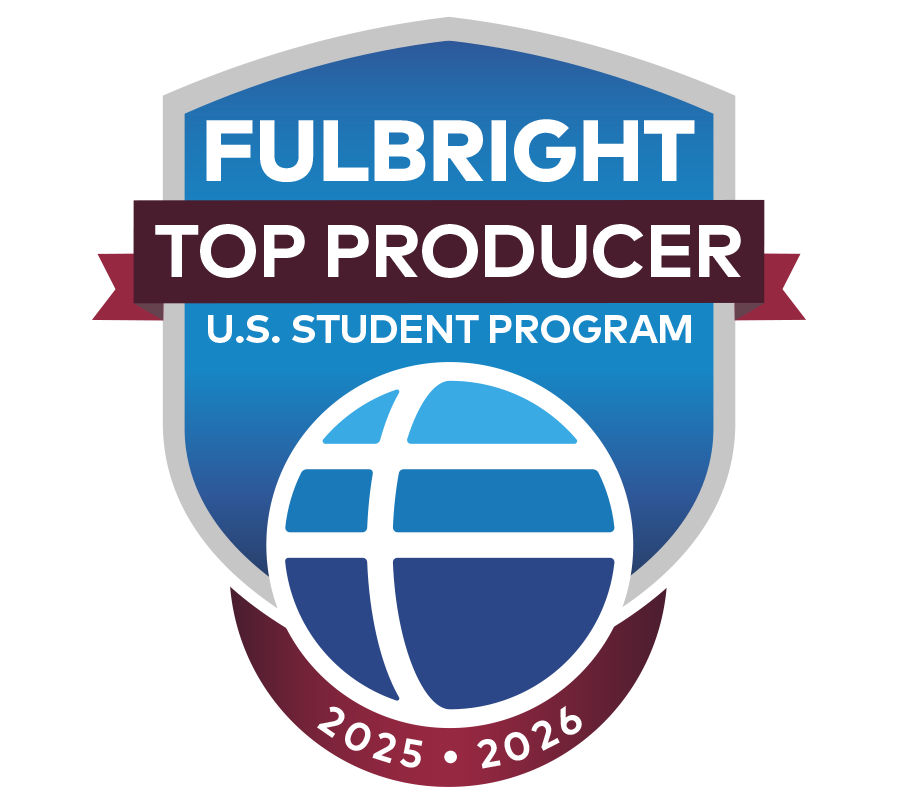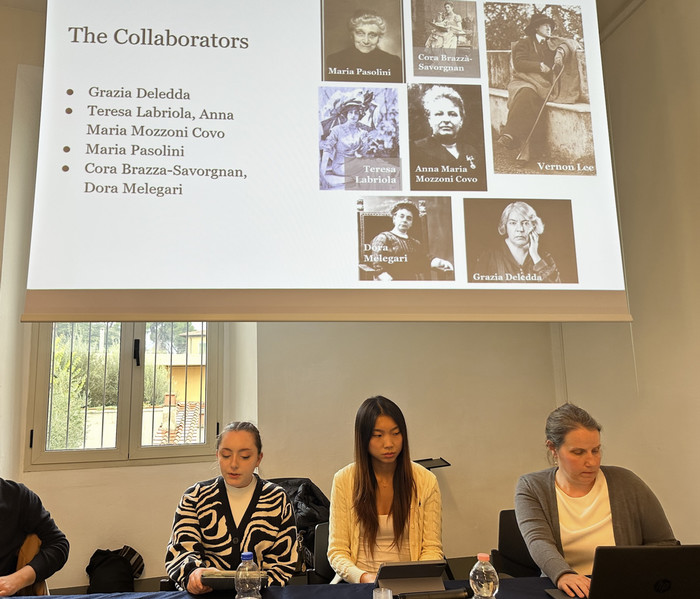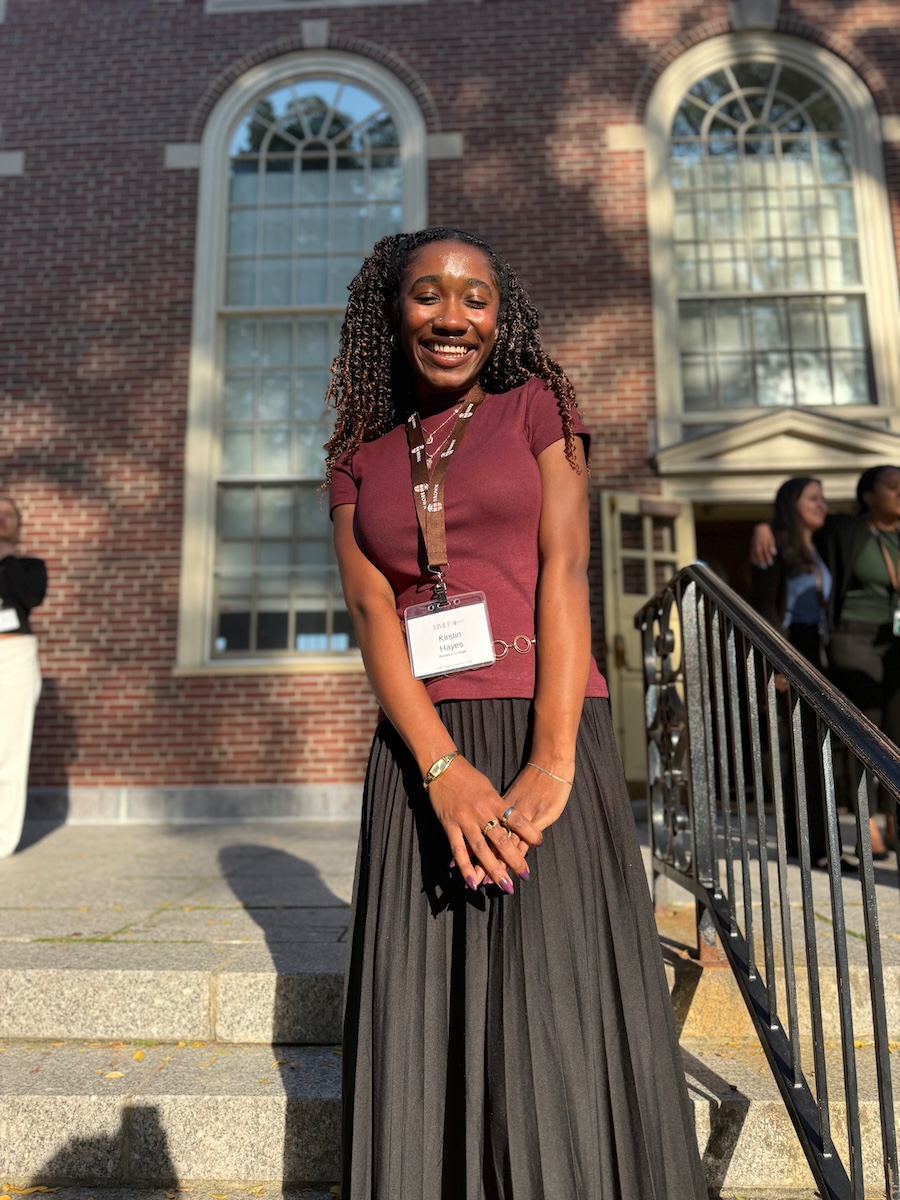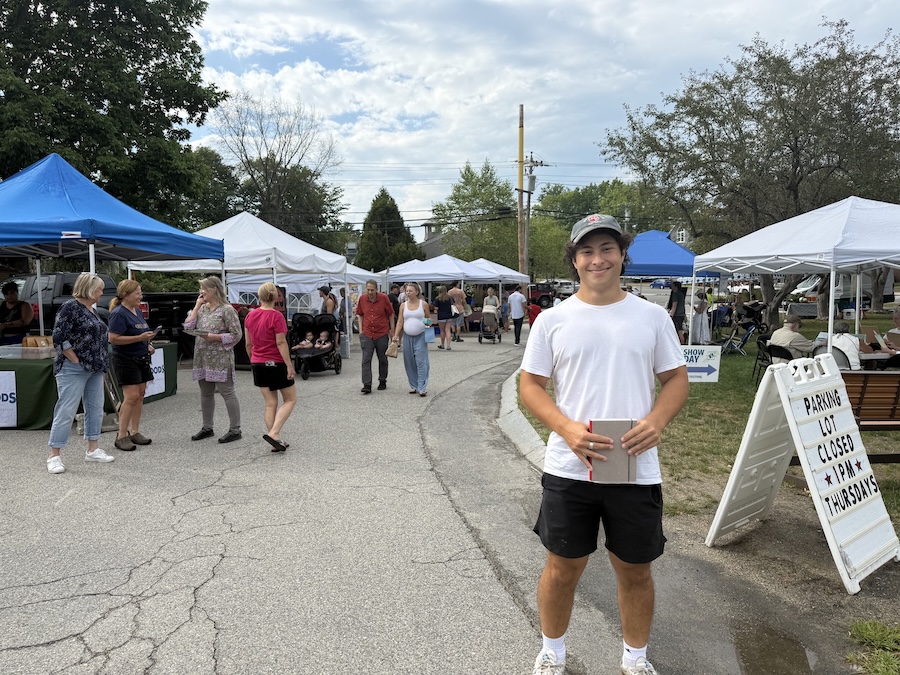State Department Recognizes STEM Students Studying Abroad
By Rebecca Goldfine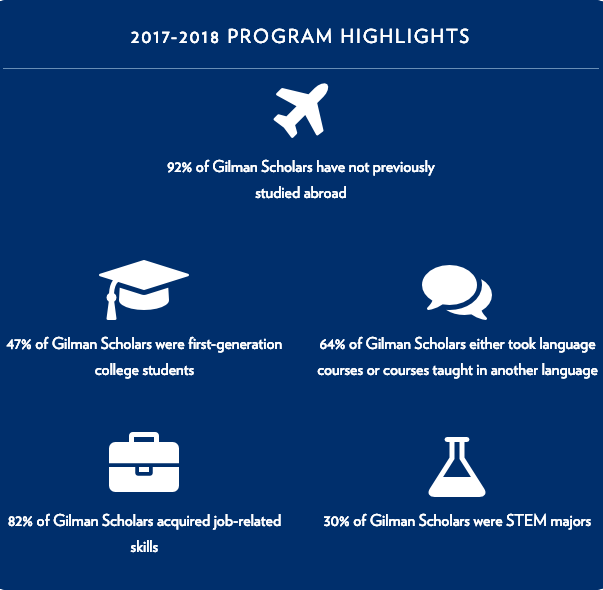
Gilman scholars John Ahn ’19 and Rosa Rossi-Goldthorpe ’19 studied math in Budapest, Hungary, and Bergen, Norway, respectively, last spring. Simone Rumph ’19 pursued biochemistry at the University of Edinburgh, Scotland, in the fall of 2017.
The STEM students were part of a pool of five Bowdoin students who received the Gilman funding last year. This fact caught the attention of the State Department, which recently recognized Bowdoin for "outstanding engagement with the scholarship in the area of greatest growth for STEM students." (STEM, by the way, stands for science, technology, engineering, and math.)
Rumph said her study-abroad experience was transformative. Besides "encountering countless cultural experiences and expanding her global knowledge" on her first international trip, she said she was able to take courses not offered at Bowdoin which gave her clarity about her the career path she wants to pursue: forensic science.
Rossi-Goldthorpe said her Gilman funding helped her to enjoy her time abroad in Norway, and to do a bit of traveling around Europe. "Going to Norway was a great decision for me since as a STEM major, it's hard to take time off from my subject," she said. "Math skills tend to decay if you don't use them, so I needed to study abroad in a place where I was taking math courses at a local university that is recognized by graduate schools in the US."
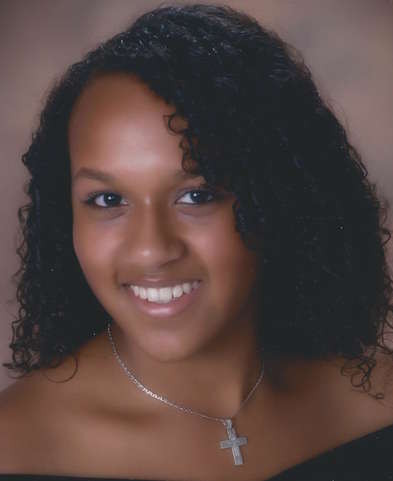
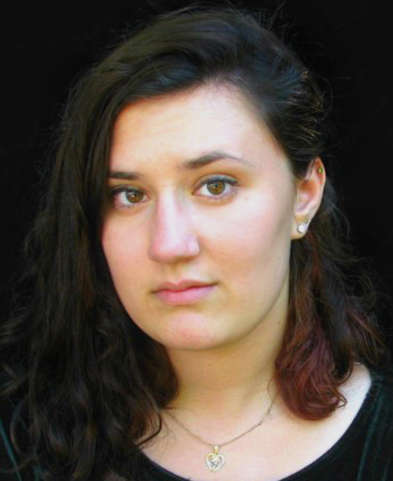
Historically, STEM students have studied abroad less frequently than students pursuing the humanities or social sciences, according to Christine Wintersteen, who directs Bowdoin's office of international programs and off-campus study.
The Gilman scholarship, established in 2001, is available to students with federal Pell Grants. With it, the State Department is hoping to increase the number of Americans studying foreign languages and cultures, thereby "gaining the skills critical to our national security and economic competitiveness." The program is particularly supportive of STEM students and those studying critical languages, like Arabic, Chinese, and Urdu.
The national scholarship is competitive, and Bowdoin's off-campus study office helps students prepare their applications. In the 2017-2018 academic year, 3,276 Gilman awards were made from a pool of 11,441 applicants. In the past three years, fifteen Bowdoin students have received the scholarships to study in thirteen different countries.
While Bowdoin financial aid covers the entire cost of students' study abroad programs, including travel expenses and room and board, Wintersteen said the additional money from the scholarship can be helpful.
"For students facing financial barriers and often other perceived barriers by being the first in their family to study abroad, receiving a scholarship like this can be a jolt of confidence," she said. "It demonstrates to themselves and to their families that they can not only afford to go, but are recognized as an ideal study abroad student representative of the US."
The Gilman grants range between $1,000 and $5,000, with supplemental money given to students who study less common languages for American students.
This amount is enough to provide a reassuring cushion while students are living far from home, Wintersteen said. "And they can have a more equitable experience abroad by feeling the freedom to explore more cultural opportunities that may cost money," she added.
